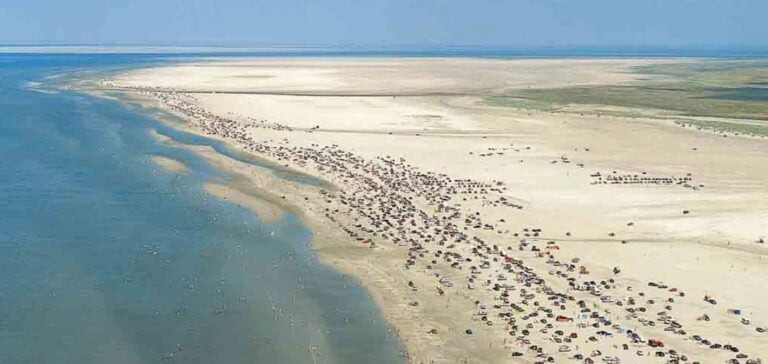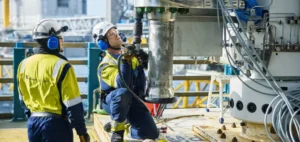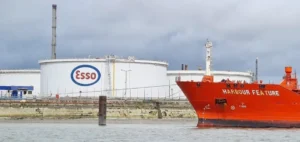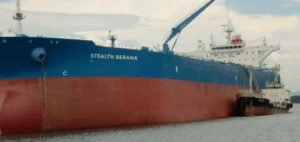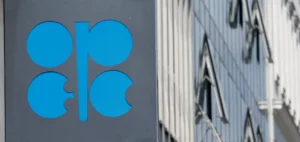The municipality of Tønder, Denmark, has announced the temporary closure of beaches on Rømø island following the discovery of hydrocarbon clusters near the shoreline. These petroleum residues, suddenly appearing on the surface, led to an immediate swimming ban, severely disrupting summer activities on this popular tourist island. A municipal investigation is currently underway to determine the exact source of the pollution. The precise extent of contamination remains to be established, requiring urgent measures to control the situation.
Emergency response and local implications
In response to this exceptional event, local authorities activated an inspection plan to assess the exact quantity of pollutants present on the beaches. Teams led by Torben Godballe, head of local emergency services, are working to identify the optimal methods for decontamination, taking into account both technical and environmental constraints. This urgent operation also requires significant logistical deployment, directly impacting seasonal economic activities on the island, particularly hospitality businesses and local commerce reliant on beach tourism. Potential financial losses resulting from this temporary closure remain a primary concern for municipal authorities.
Chronology and nature of detected pollutants
The discovery of petroleum clusters dates back to June 12, 2025, with rapid identification by municipal services. However, despite immediate sampling following the appearance of these hydrocarbons, the pollution’s source remains unidentified. Additional analyses are scheduled to accurately determine the type of petroleum and potentially trace its geographic origin, a crucial step in clarifying possible responsibilities. Initial confusion with similar substances such as paraffin wax, commonly observed in the region, has complicated precise identification.
Regulatory management and financial cost
Incidents of maritime hydrocarbon pollution are governed by the International Convention for the Prevention of Pollution from Ships (MARPOL). Compliance with these regulations demands swift and often costly interventions. The municipality of Tønder anticipates substantial expenditures to cover the cleaning operation and crisis management costs. If the responsible party is identified, these expenses could potentially be transferred; meanwhile, the municipality will need to bear the immediate financial burden.
Next steps and potential reopening
The coming weeks will be critical in determining the true scale of the pollution and the necessary duration for reopening the beaches. Regular official updates will inform local economic stakeholders and residents on the progress of cleaning operations. Additionally, the municipality is currently reviewing its emergency response plan to enhance readiness for similar incidents in the future, acknowledging the immediate economic concerns already voiced locally.


